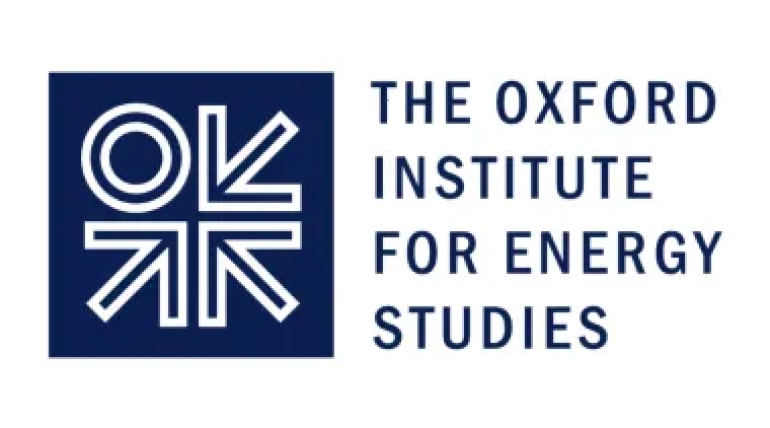
Follow India Renewable Energy News on WhatsApp for exclusive updates on clean energy news and insights
AI Revolution Meets Energy Transition: Oxford Energy Forum Explores Impact on Electricity Systems
May 05, 2025
The Oxford Energy Forum has released a special issue analyzing the rapidly growing intersection between artificial intelligence (AI) and electricity systems, underlining how AI's expansion is reshaping global energy dynamics. As AI technologies accelerate across sectors, their impact on the electricity grid—both as a massive new source of demand and a tool for optimization—is becoming increasingly significant.
AI's exponential growth is driving unprecedented electricity consumption, largely due to energy-intensive data centers required for model training and deployment. This surge in power demand emerges amid the global clean energy transition, placing the electricity sector at the confluence of two disruptive forces: AI innovation and decarbonization.
This edition of the Oxford Energy Forum delves into how AI is influencing power demand patterns, enhancing grid operations, and redefining the structure of energy markets. It provides a multifaceted exploration of AI’s dual role—as both a challenge due to its high energy footprint, and a solution through its ability to improve grid flexibility, forecasting, and operational efficiency.
Contributors from leading research institutions and energy think tanks examine global and regional trends, offering insights into AI-driven grid management, governance strategies, and emerging technologies. Articles assess AI’s potential in supporting renewable integration, managing variable loads, and transforming demand response mechanisms.
While AI presents significant energy consumption challenges, the publication emphasizes that its strategic deployment can also unlock substantial efficiencies and resilience for future power systems. However, navigating this complex relationship will require robust policy frameworks, technological innovation, and multi-sectoral collaboration.